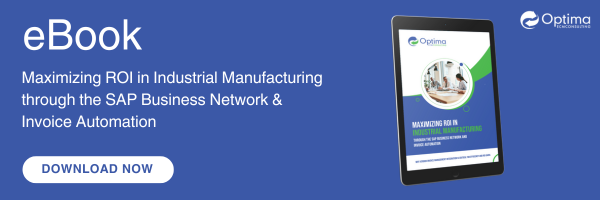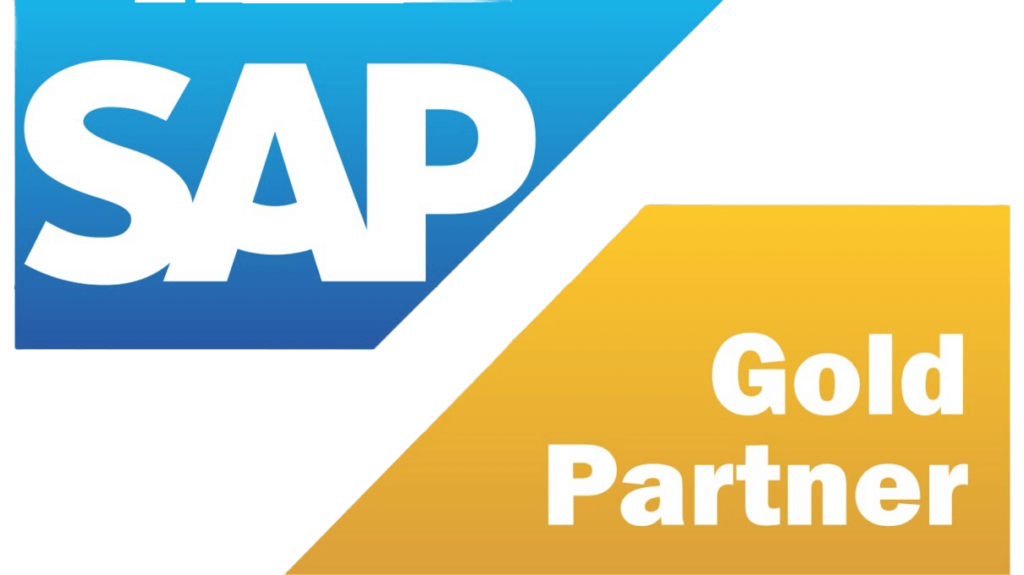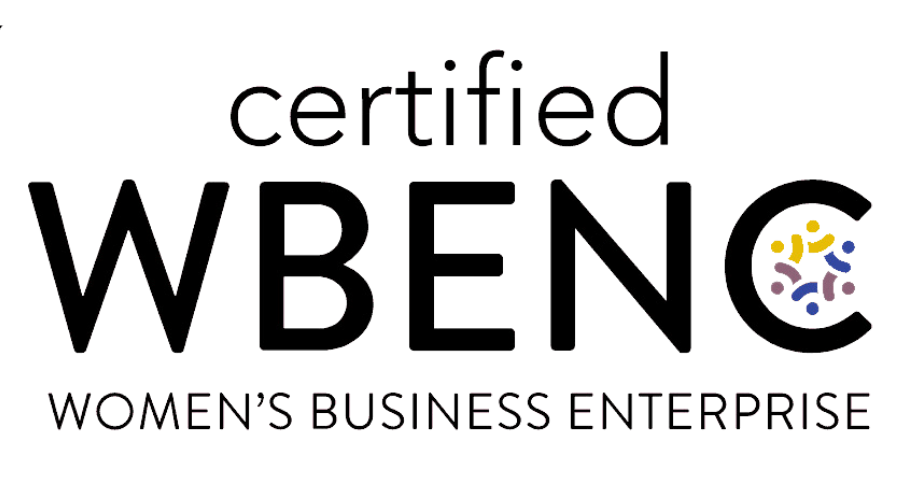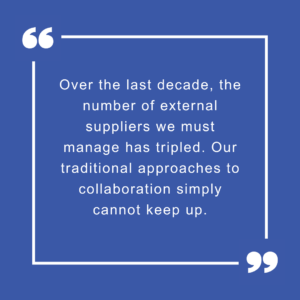 In today’s highly interconnected and competitive market, maintaining a resilient and efficient supply chain is crucial for companies that rely heavily on direct spend. For manufacturing industries, where direct spend can account for up to 45% of annual revenue, effective management of this spend is essential. Not only does it optimize working capital, but it also strengthens supplier relationships and ensures seamless operations.
In today’s highly interconnected and competitive market, maintaining a resilient and efficient supply chain is crucial for companies that rely heavily on direct spend. For manufacturing industries, where direct spend can account for up to 45% of annual revenue, effective management of this spend is essential. Not only does it optimize working capital, but it also strengthens supplier relationships and ensures seamless operations.
Understanding Direct Spend in the Supply Chain
Direct spend includes the materials, components, and services essential to production and core business operations. For a manufacturing company, this often encompasses raw materials, mechanical and electronic components, and critical services that keep production lines running efficiently to meet customer demand. Given its pivotal role, direct spend represents a significant portion of a company’s total expenditure.
Effective management of direct spend is vital for:
- Optimizing Costs: Streamlining procurement processes and negotiating better terms with suppliers.
- Ensuring Uninterrupted Production: Maintaining a steady flow of materials to prevent downtime.
- Strengthening Supplier Relationships: Building partnerships that lead to favorable terms and reliable service.
- Risk Management: Diversifying suppliers to avoid over-reliance on a single source and preventing costly disruptions.
Challenges in Direct Spend Supplier Invoicing
Managing supplier invoices in the context of direct spend presents unique challenges. High volumes of invoices from essential suppliers, coupled with complex manual processes, often lead to delays in payments and strain supplier relationships.
- High-Volume Suppliers: Managing high-volume suppliers can be challenging, as disruptions in their invoicing can escalate quickly, affecting payment schedules and supplier reliability. Minor payment inconsistencies can lead to missed discount opportunities, increased costs, and the potential loss of essential suppliers to competitors.
- Low-Volume Suppliers: Although they handle fewer transactions, low-volume suppliers can still cause significant disruptions. Limited infrastructure may make them more vulnerable to delays and errors in the invoicing process, leading to unexpected bottlenecks and impacting project timelines.
To address these challenges, companies often adopt practices such as:
- Automating Invoicing Processes: Reducing manual interventions to minimize errors and delays.
- Flexible Exception Management: Handling discrepancies efficiently to prevent disruptions.
- Consistent Payment Strategies: Ensuring timely payments to maintain strong supplier relationships.
These practices help structure and automate invoicing processes, reducing operational costs and minimizing disruptions. Effective management of invoicing acts as the final piece that completes the end-to-end automation of supply chain processes, ensuring the benefits of upstream efficiencies are fully realized.
Payment Issues and the Cost of Disruption
Disruptions or inefficiencies in invoice processing and payments can lead to several critical issues:
- Friction with Suppliers: Delayed or incorrect payments strain supplier relationships, potentially leading to less favorable terms or reduced collaboration.
- Missed Supply Chain Financing (SCF) Opportunities or Early Payment Discounts (EP): Inefficient processes can cause companies to miss out on SCF options or EP discounts, resulting in lost savings.
- Increased Operational Costs: Manual intervention to resolve invoicing issues consumes resources and raises operational expenses.
- Risk of Stock Outs: Payment delays can disrupt supply chains, increasing the risk of stock outs and halting production lines.
- Migration of Suppliers to Competitors: Frustrated suppliers may opt to work with competitors who offer more reliable payment processes, jeopardizing supply continuity.
Leveraging the SAP Business Network for Supply Chain Collaboration
To address these challenges, the SAP Business Network provides a powerful solution, enabling seamless collaboration and efficient management of supply chain activities. Trusted by millions of companies worldwide, SAP Business Network extends supply chain processes beyond traditional boundaries, creating a more transparent and resilient ecosystem. The Supply Chain Collaboration (SCC) application on SAP Business Network connects and streamlines supply chain processes, enabling efficient and automated operations.
Key Benefits of SAP Business Network:
- Real-Time Insights: Immediate visibility into supply chain activities for faster issue resolution and proactive decision-making.
- Reduced Risk of Disruptions: Streamlined processes help avoid potential supply chain disruptions and ensure continuity.
- Enhanced Collaboration: A unified platform fosters better communication and cooperation with suppliers, reducing friction and improving responsiveness.
SAP Ariba SCC with a Focus on Supplier Invoices
The SAP Ariba Supply Chain Collaboration (SCC) module within SAP Business Network supports several critical supply chain processes, many of which involve managing supplier invoices. Key processes include:
- Standard Purchase Order (PO) Collaboration: Suppliers confirm orders, create advance shipping notices (ASNs), and submit invoices directly, ensuring alignment with agreed terms.
- Service PO Collaboration: For services procurement, this collaboration allows suppliers to submit detailed service sheets, facilitating accurate billing.
- Subcontracting Collaboration: Manages the invoicing process for suppliers who assemble components or produce finished goods.
- Scheduling Agreement Collaboration: Ensures timely invoicing based on scheduled deliveries.
- Vendor Consignment Collaboration: Invoices are generated upon buyer consumption, ensuring accurate, usage-based billing.
- Multi-Tier Document Collaboration: Extends collaboration to sub-suppliers for greater transparency.
- Returns PO Collaboration: Facilitates processing of credit memos for returned goods.
These complex processes involve a variety of formats and communication channels—such as PDF, EDI, e-invoicing platforms like Peppol, and XML—which increases the need for standardization and automation. This clearly highlights the importance of adopting a comprehensive and well-thought-out strategy toward invoice automation to avoid disruptions, enhance operational efficiency, and gain better visibility into supply chain activities.
Five Key Strategies for Effective Invoice Management in Supply Chain Collaboration
To maximize the benefits of SAP Business Network for managing collaboration with direct suppliers, companies should focus on the following strategies:
- Adopt Leading Practices: Use portal and integrated practices and leverage Evaluated Receipt Settlement (ERS) whenever possible. The Business Network can transmit these invoices, allowing for automatic creation of key documents based on goods receipt and purchase order data, reducing manual interventions.
- Implement Robust Collaboration Rules: Leverage transaction and invoice rules to streamline processes and reduce the exceptions that reach the ERP. Establishing clear guidelines ensures consistency across suppliers and minimizes errors.
- Utilize the Supply Chain Monitor: Proactively manage potential exceptions to prevent disruptions, especially around deviations in Order Confirmations. By closely monitoring order confirmations, companies can identify discrepancies early, allowing for timely adjustments and minimizing the impact on production schedules and supplier relationships.
- Incorporate Intelligent Technologies: Use advanced technologies, such as the Intelligent Invoice Conversion on the Supplier Account, along with AI and machine learning, to process non-digital data efficiently. Intelligent technologies can extract information from PDFs, emails, and scanned documents, reducing manual data entry and errors.
- Integrate SCC with SAP IM and Other Systems: Connect SCC with solutions like SAP Invoice Management (VIM by OpenText) or Ariba Central Invoice Management (CIM) for seamless end-to-end processing. Integration ensures that data flows smoothly between systems, enhancing visibility and control.
Conclusion
Invoice automation is crucial for strengthening supply chain collaboration. By leveraging best practices and automating invoicing processes, organizations can minimize errors, reduce manual workloads, and ensure timely payments. This leads to stronger supplier relationships, improved operational efficiency, and better financial visibility. Ultimately, effective invoice management supports a resilient and streamlined supply chain, enabling companies to gain a competitive edge in the market. Leveraging the five key strategies outlined in this article further enhances the effectiveness of invoice automation, ensuring a comprehensive approach to supply chain collaboration.


